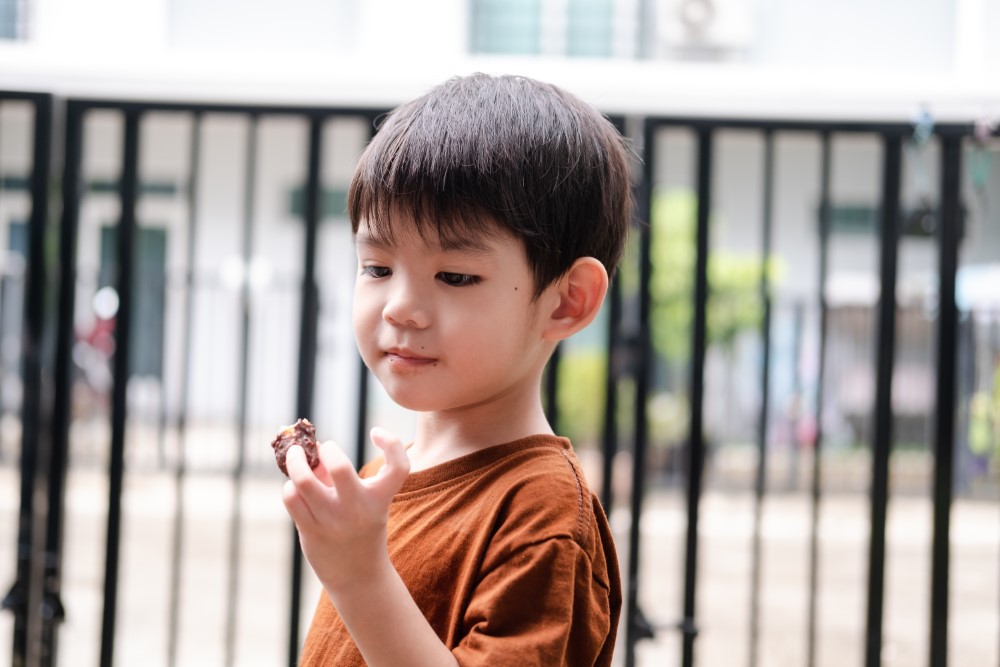
Tics are behaviours that are abrupt, repetitive, and involuntary. They consist of 1) facial/body movement(s), and/or 2) verbal sounds or words. The typical onset of tics is around 4-6 years old, and they are more commonly seen in boys. In most cases, tics may resolve on their own, but in some cases, tics may persist and have a significant negative impact on daily functioning, including learning, emotional, and social/family relationships.
Often, tics are perceived as bad behaviours. As the frequency and intensity of tics can be worsened by anxiety and stress, telling individuals to stop their tics would further increase the tics. It is necessary to highlight that children or adolescents with tics are not being intentional. The hallmark characteristic of tic disorders is the difficulty in controlling tics. In severe cases, individuals may require medications to control the symptoms. Nevertheless, most tics can be effectively managed in up to 80% of cases by trained clinical psychologists. Moreover, the first line of the best clinical practice for tic management is psychological intervention.
Recommendations for parents/caregivers:
- Notice but do not ask the child/adolescent to stop the tics.
- Try to take note of the tic patterns (e.g., morning/evening, exam period etc.).
- Encourage a healthy balanced food intake and physical exercises.
- Encourage early and sufficient sleep.
- Limit screen time use.
- If symptoms persist, consult a psychologist or psychiatrist.
Tic-like Behaviours
In recent years, since the COVID-19 pandemic, there have been worldwide reports of emerging tic-like behaviours that can mimic tics but are different from tic disorders. These tic-like behaviours often appear very sudden and severe and are more common in teenage girls than boys. Studies have found that these tic-like behaviours were likely to be associated with the viewing of social media videos of others with tics. Although tic disorders and tic-like behaviours can appear similar, their clinical management is distinctly different. Hence, if your child is presenting with sudden tics, a proper clinical evaluation by clinical psychologists or psychiatrists is recommended.
Seek Help Today
If you or your loved one are experiencing tics or tic-like behaviours, it's important to seek professional help for proper evaluation and management. At Private Space Medical, our team of trained clinical psychologists and psychiatrists is dedicated to providing the support and guidance needed to address these challenges effectively. Don't hesitate to reach out and schedule an appointment with us today. Your well-being is our priority.
Dr Beron Tan
Senior Psychologist
Private Space Medical